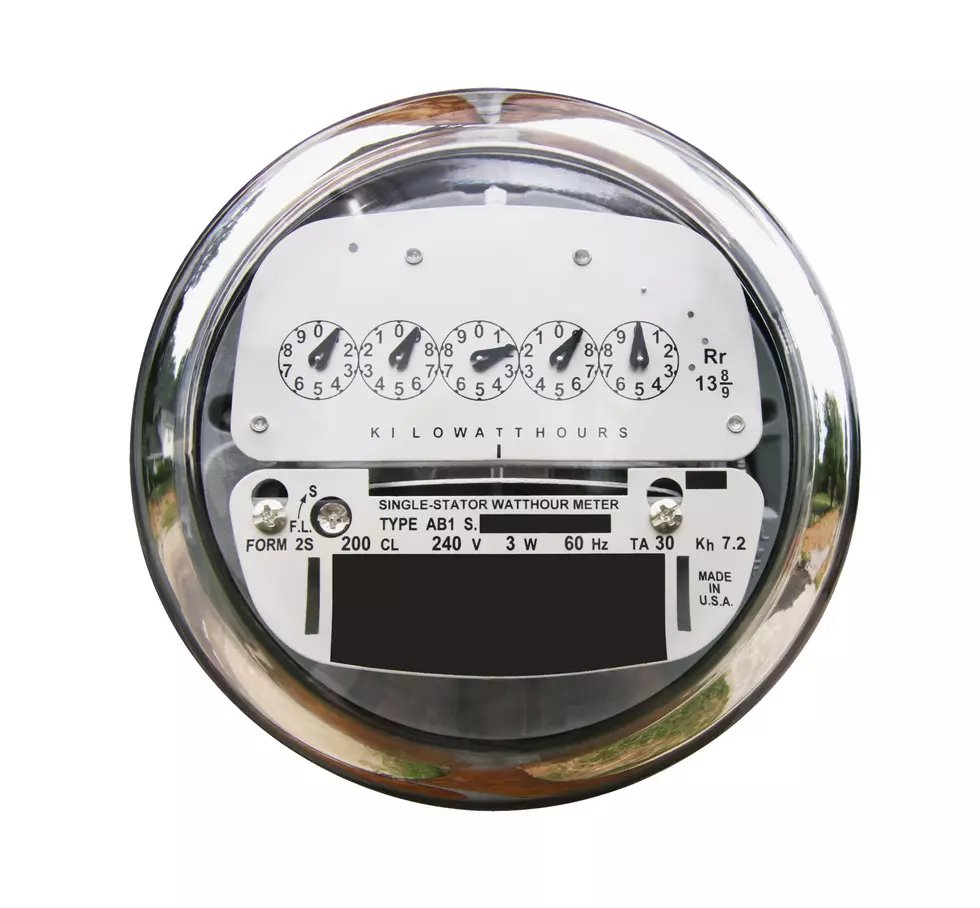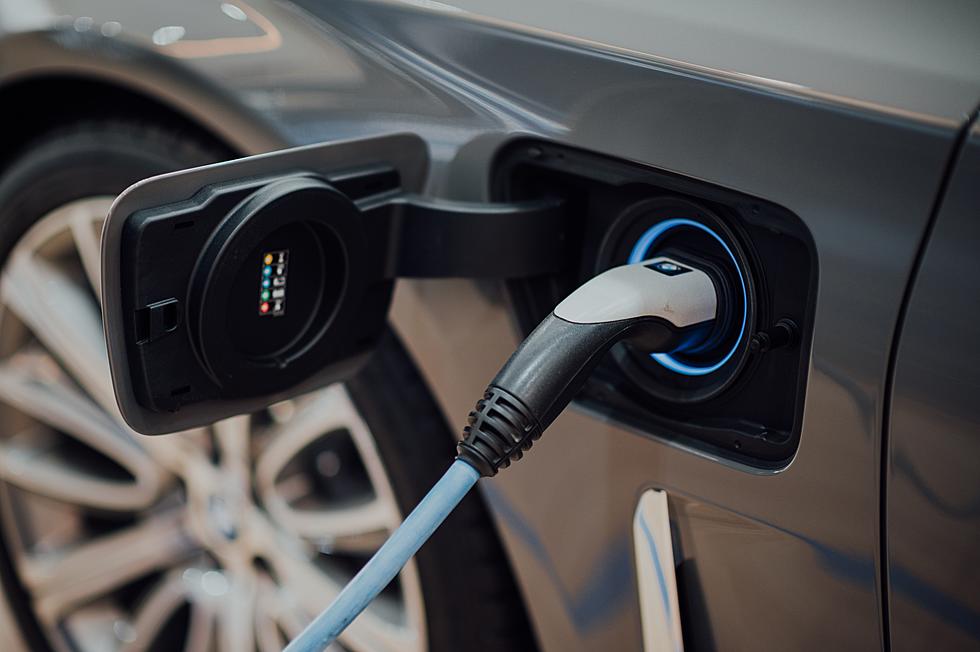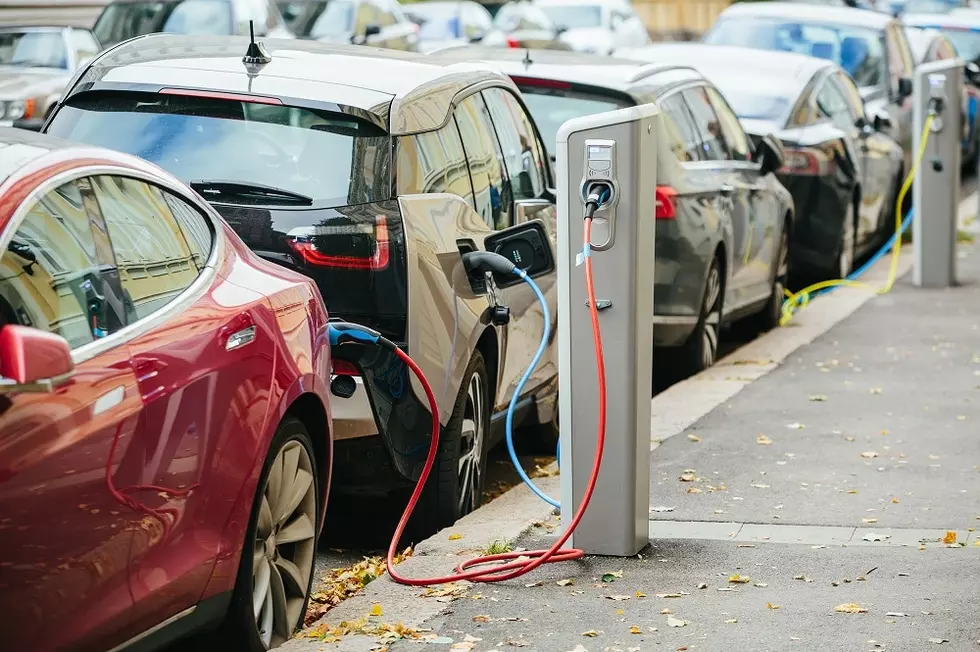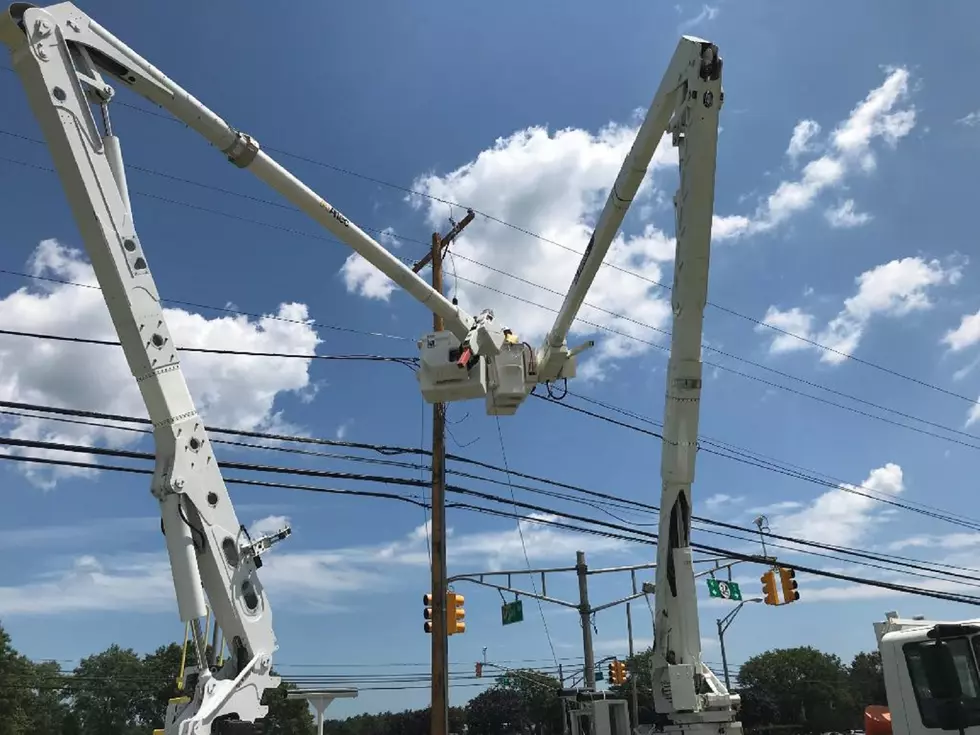
NJ electricity supply prices mostly steady into mid-2022
TRENTON – Electricity supply prices will remain essentially unchanged into 2022 for many New Jersey residents and small businesses, the state Board of Public Utilities said Thursday as it approved the results of the state’s 20th annual electricity auction.
The auction helps determine the cost of supplying electricity for a 12-month period starting in June. Results range from a drop of 0.7% to an increase of 3.1% for customers of Public Service Electric & Gas.
The PSE&G change amounts to $3.65 more a month for the average residential customer, based on 650 kilowatt-hours of usage. The monthly change is tiny at the other utilities: up 29 cents at Atlantic City Electric, down 44 cents at Rockland Electric and down 59 cents at Jersey Central Power & Light.
“The results will translate into relatively stable energy costs for electricity supplied to most residents and small and/or medium-sized businesses across the state,” said Joseph Fiordaliso, the BPU president.
“What these auctions do is they provide a market-competitive, fixed, stable prices from the wholesale market, so they utilize competition to get fixed prices and get a good deal for ratepayers who choose not to choose a competitive supplier,” said Frank Mossberg, a consultant for the auction.
“In New Jersey and in other states, this really performs kind of a backbone, and then if people want to use a competitive supplier to get other things they have that ability, but this sort of forms a foundation from which the competitive market can work,” he said.
The BPU says differences in cost allocation between rate classes are the reason for the bigger cost hike for PSE&G.
“It’s a function of just the difference between the expiring and the new contracts for PS,” Mossberg said, “as well as there’s a little bit of rate design factors in there, the way that PS just allocates costs to different customers shifts costs around just a little bit year to year.”
The prices submitted by the winning bidders were actually 10.6% to 36.6% smaller than a year ago because the BPU has removed the cost of transmission of the electricity from the supplier’s charge. It will still be paid for by customers but provided directly by the four electric distribution companies.
“It gives us a more realistic view of the actual energy cost, the electricity cost,” Fiordaliso said.
Mossberg said the electricity contracts are three-year contracts, each supplying one-third of a year’s anticipated demand. Transmission rates increase a lot each year and are often disputed, and the new approach will protect suppliers from bearing costs they – and the state, for that matter – don’t have control over, he said.
It frequently takes the Federal Energy Regulatory Commission a long time to referee those disputes, and payments from electric companies to suppliers were being delayed, said Stacy Peterson, director of the BPU’s energy division.

Five companies won bids to provide electricity in both the residential/small business and commercial/industrial auctions: ConocoPhillips, DTE Energy Trading, Exelon Generation Company, Hartree Partners and NextEra Energy Marketing.
Four companies also won bids to be residential/small business suppliers: Axpo U.S., BP Energy, Calpine Energy Services and CPV Shore. The winners in the commercial/industrial auction also included TransAlta Energy Marketing.
Michael Symons is State House bureau chief for New Jersey 101.5. Contact him at michael.symons@townsquaremedia.com.
COMPARE: Highest 2020 property taxes in each county
More From New Jersey 101.5 FM









